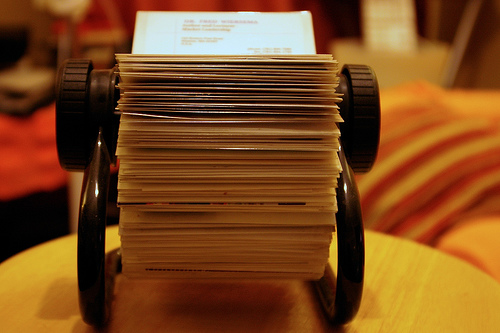New year, new project?
/December 31, 2013
“Discerning the difference between good, hard work and burdensome, draining toil (that ends up fruitless and misery-making) is key to bringing into being what you long for most.” – Kathy Caprino
We’re on the cusp of a new year, and that means we’re already seeing a slew of headlines of the ‘7 Ways to a New You!’ or ‘5 Ways to Achieve Success in the New Year!’ variety. We all need a bit of inspiration at the start of a new year. But as time goes by you become more and more aware that real, messy life isn’t as simple as a series of bullet points.
So I was really pleased when just before Christmas I discovered this video (below) by career coach Kathy Caprino, who some of you will remember from my fifteenth show, Do We Have to Fit In? In the video Kathy answers a reader's question about why her passion project, a travel blog, is proving so difficult. She was thrilled to start this on-the-side work, and is disappointed to find the going - coming up with content, building readership, etc. - incredibly tough.
Kathy's response resonated with me because it emphasizes that actually, achieving anything of worth in the world is hard. There are no five bullet points to success. This isn’t something we hear that much in western culture, where instant gratification and instant results are celebrated. But although we probably all know someone who appears to have achieved overnight success, it’s likely that a) it wasn’t instant at all or b) they were extremely lucky, benefiting from a combination of connections and serendipity. Most of us won’t fit into either of those categories. I’m in exactly the same situation as Kathy's correspondent with what I do with The Broad Experience. It requires an enormous amount of work to do the interviews and cut the tape and put it all together, not to mention the challenge of building the audience, and I don't yet receive any compensation for all this (which I do on top of other stuff). I regulary experience moments of exasperation where I ask myself, “Am I crazy to be doing this?” Then I get an email or message from a listener talking about how much they get out of the show and I stick with my gut, which tells me I am onto something. I'm listing some pointers on this topic below for anyone who is thinking about or has already branched out with their own, risky project, only to realize after months of work and seemingly little reward, God, it’s tough out there. Many of these come from Kathy's video.
- Creating something worthwhile is hard work. It just is. We hear far too much about passion fueling projects or new businesses, but passion does not make your business or project successful. People will not come just because you build it. Consistent effort is required. Go into your project expecting that. And it may take a lot (lot) longer than you expected to get the results you were hoping for. Be realistic. So much of what we see in the media sets us up for unrealistic expectations.
- We all want things to fall in our laps because we think we've seen this happen to someone else we know, or someone we've heard about. Forget it. It probably didn't happen to them either.
- Kathy emphasizes "essence versus form". She asks the woman who wrote to her if this travel blog of hers is the right form in which to present her passion for travel - maybe there's something else she could be doing that would let her exercise her love of travel but that wouldn't be so draining.
- Which brings me to a vital point Kathy makes about all of this. If the work feels like a slog, but one that is bringing you little pleasure or giving you no energy, you need to re-think what you're doing. If, on the other hand, you're like me, and the work you're doing energizes you and keeps you going, despite how hard it is, keep at it. Keeping going requires a combination of hard work, persistence, and guts.
Happy New Year.


